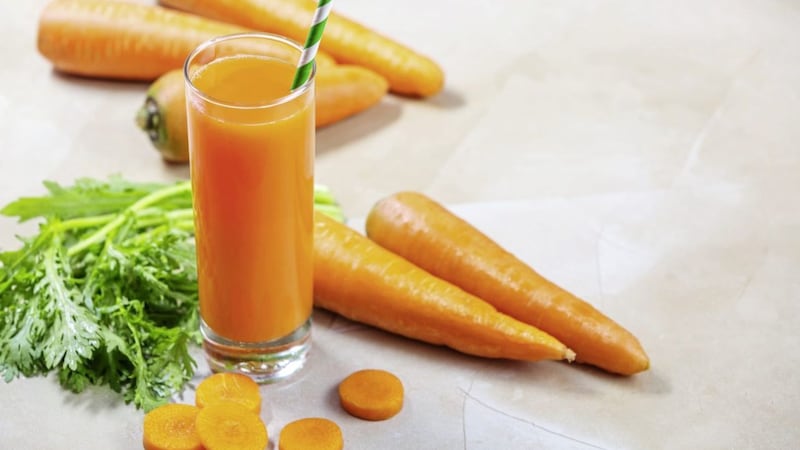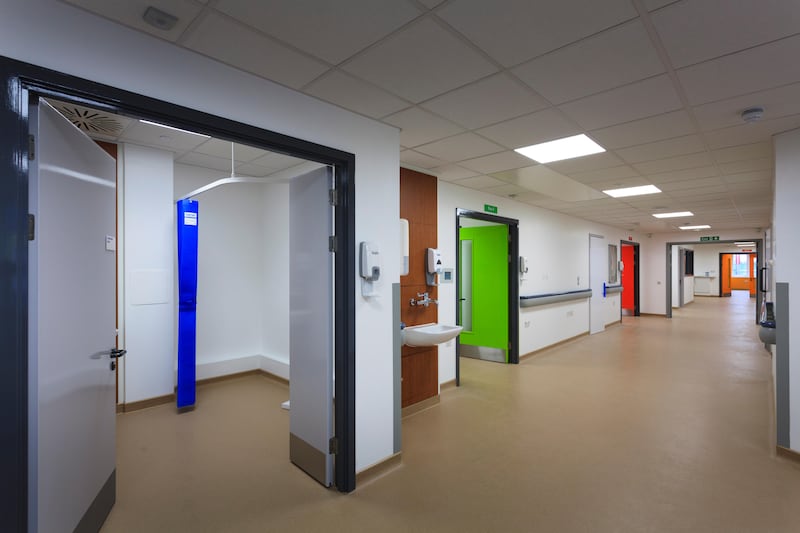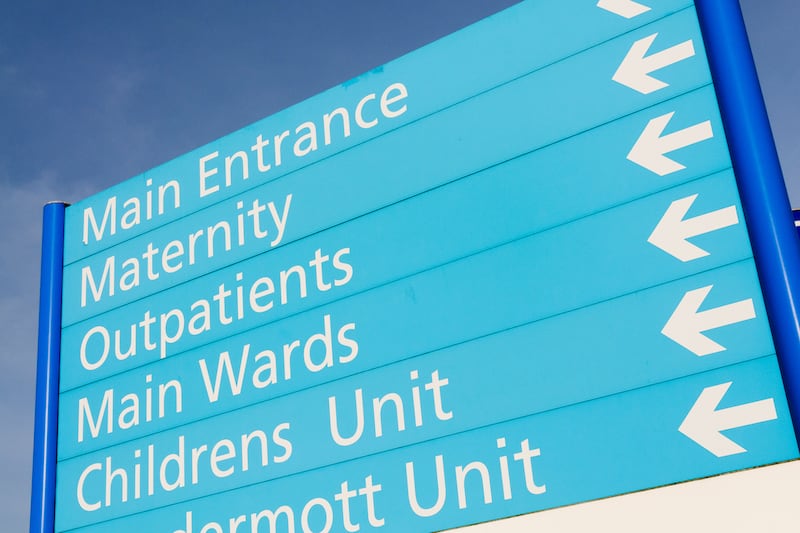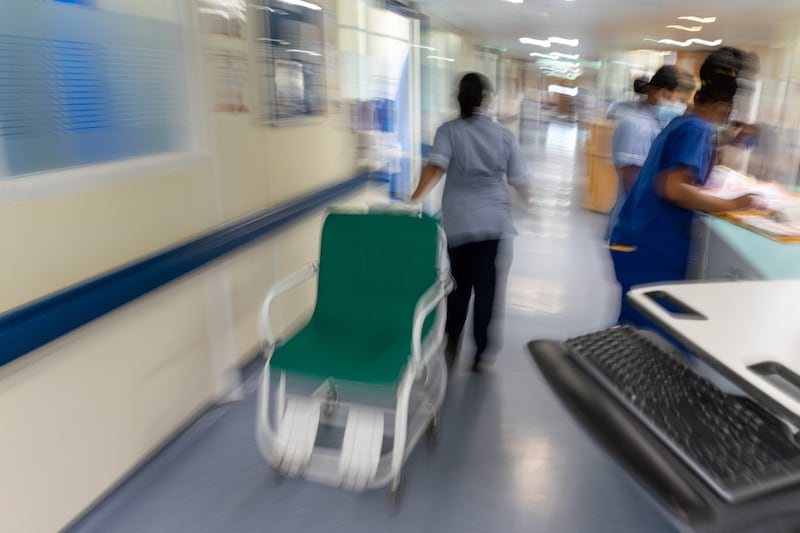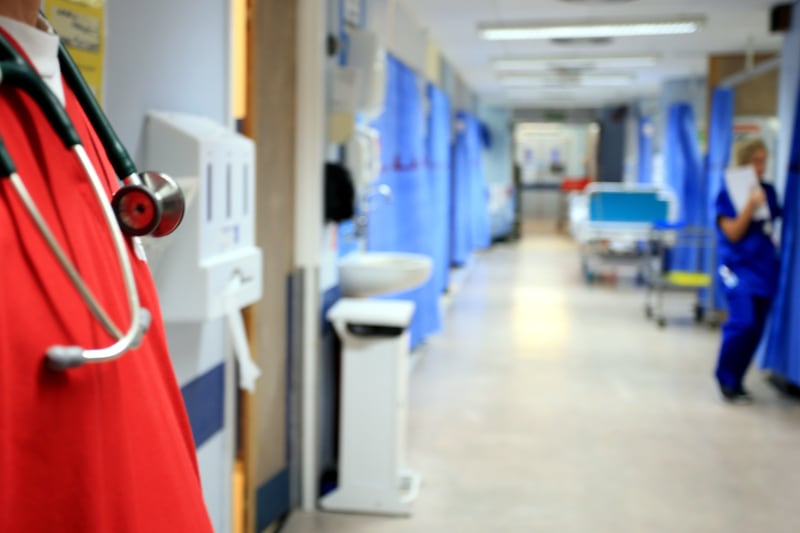Q: SOMETIMES my daughter’s fingers, elbows and the backs of her knees are yellow. She is 24 and fit, but has irritable bowel syndrome and slightly elevated levels of liver enzymes. Her GP is not concerned, but should she see a specialist?
KW
A: THE yellow hue you describe can have a benign cause, or a potentially more serious one, though I am confident hers is not something to worry about.
Most commonly it occurs when a lot of carrots (or carrot juice) are consumed – the yellow-coloured carotene compounds within the vegetable cause a slight yellowing of the skin, known as carotenemia.
However, yellow skin can also be the result of raised levels of bilirubin – a waste product excreted by the liver. If this is the case, then the whites of the eyes will also have a yellow tinge. We see this in some perfectly healthy individuals who have a quirk of physiology called Gilbert’s syndrome, where the liver doesn’t process bilirubin properly – it is not a disease and no treatment is needed.
Of course, a yellow colour can also be characteristic of jaundice, related to liver damage, and this is where the liver enzymes you mention come in.
Abnormalities in liver enzymes are often detected during routine blood tests in patients who seem otherwise well – though in some cases raised levels can indicate some form of liver damage.
The levels considered normal vary slightly from one laboratory to another, and differentiating patients with liver disease from those without will depend on the cut-off values used at each laboratory.
This is why the evaluation of a patient with ‘abnormal’ tests requires a doctor to take a detailed history, to identify potential risk factors for liver disease, followed by a physical examination to look for clinical signs.
The doctor will also want to rule out potential toxins that can cause liver damage, such as from heavy alcohol use.
Medication, for example Roaccutane (for acne) and chemotherapy, can also be implicated. But it’s not only prescription medication – over-the-counter drugs; supplements such as aloe vera, black cohosh or other harmless-sounding ‘natural’ products; and illicit drug use can also raise liver enzymes.
The next area of relevance is travel to areas where the hepatitis infection is widespread.
There are different types of the virus, but all can damage the liver: hepatitis B and C are transmitted by needles; hepatitis A and E via contaminated food and water.
Hepatitis A is seen everywhere, but particularly in tropical areas, and hepatitis E should be considered in those who have travelled to Asia, Africa, the Middle East, or Central America.
One other potential cause of abnormal liver function tests is non-alcoholic fatty liver disease (NAFLD), which is associated with obesity, but that seems unlikely in a healthy, slim person such as your daughter.
The fact she has irritable bowel syndrome should have no effect on her liver. My only other thought is gallstones, which are also associated with abdominal pain and heartburn.
To make that diagnosis requires an ultrasound scan, and this would also exclude the unlikely diagnosis of NAFLD.
Referral to a gastroenterologist or a hepatologist (liver specialist) should be considered if your daughter’s enzymes remain raised and unexplained.
CONTACT DR SCURR
To contact the GP, email askthegp@irishnews.com. Include your contact details. Dr Scurr cannot enter into personal correspondence. Replies should be taken in a general context and always consult your own GP with any health worries.
© Solo dmg media
